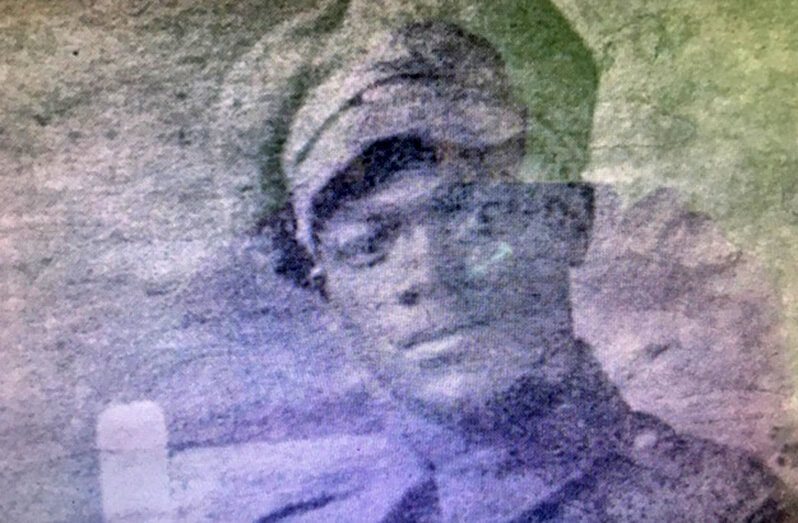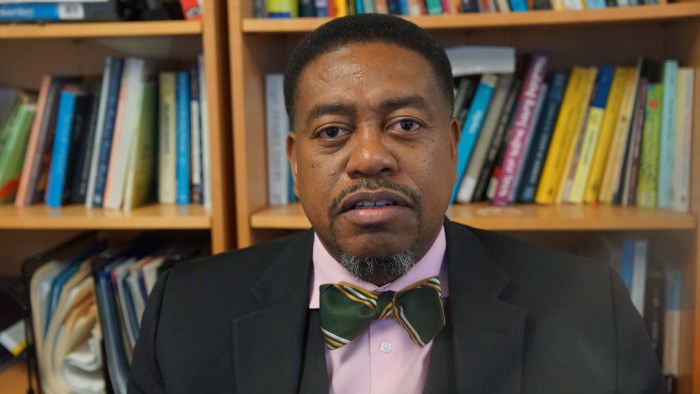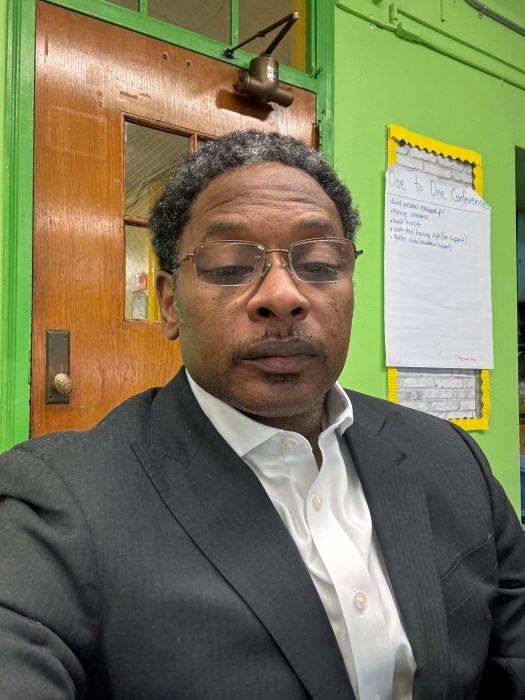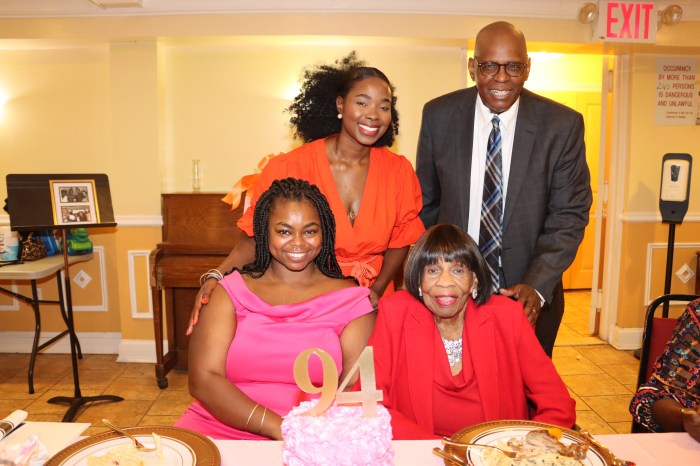Guyanese journalist and legendary playwright, Francis Quamina Farrier, never described as a historian, but deserving of the title, in his recent Veterans Day article, recalled meeting and interviewing Gershom Onesimus Browne, the last surviving Guyanese veteran and hero of World War I.
According to the prolific veteran writer, Gershom Browne, who lived in rural Bagotsville, enlisted for the military before reaching the mandatory age of 18. He was born in 1898, and died at the age of 102 in 2000.
The army veteran who lived across three centuries, according to Farrier, who interviewed him on a number of occasions — told of his tour of duty in World War I, where he served in North Africa and Palestine.
Gersham was one of many young men from British Guiana who volunteered and served in the war where 16 million men, women and children were killed globally.
“I had the opportunity to interview three Guyanese veterans of the First World War when they were in their 90s said Farrier, who stayed in touch with Gershom “because he was more accessible than the other two veterans.”
“I visited with him from time to time. I also interacted with him on most of his many visits to Georgetown. When World War I started, he was officially too young to enlist at age 17, but Gershom was so eager to go to war for King and country that he forged his age as 18 and was accepted.”
“I did not let my mother know that I was going to volunteer, because she would have stopped me,” he admitted to Farrier, adding, “he traveled from his Bagotville home to Georgetown, excited about going to far-away lands.”
“He also spoke of an English woman based in Georgetown whose job it was to officially put out encouraging appeals for young men to join the military and to go overseas and defend Great Britain from her enemies,” according to Farrier’s interview.
Gershom was part of the British West Indies Regiment, which was made up of Guianese, Trinidadians and other volunteers from the British West Indies.
“When his ship sailed from the Atlantic Ocean into the Mediterranean Sea and approached a port in North Africa, they enlisted young men of the British West Indian Regiment who experienced a culture shock.”
“Gershom Browne who found himself in many battle zones both in North Africa and Palestine, spoke of some of his comrades being killed. Fortunately, he was never injured but he did put his life on the line for his country and the rest of the British Empire. At the end of the war, he opted to return to his home country. On his return after almost three years in foreign lands, he got down to being a productive citizen.”
He first worked in the hinterland, but his inner calling to agriculture brought him back to his home village of Bagotville. “My ancestors are from the Loko tribe in Sierra Leone in Africa,” he told Farrier during one of their interviews.
“We are a people who excel in agriculture. A man in the Loko tribe who has a good knowledge of the ramifications of agriculture is highly respected.” He also told Farrier, that the Loko language was spoken by some of the older people of Bagotville up to the 1950s, according to the writer.

























